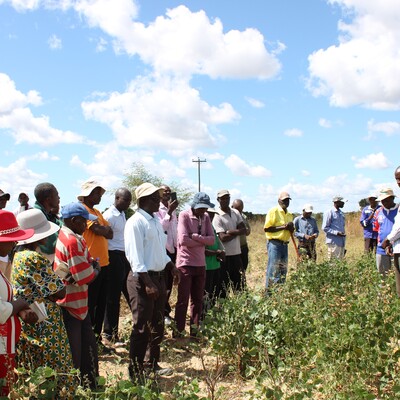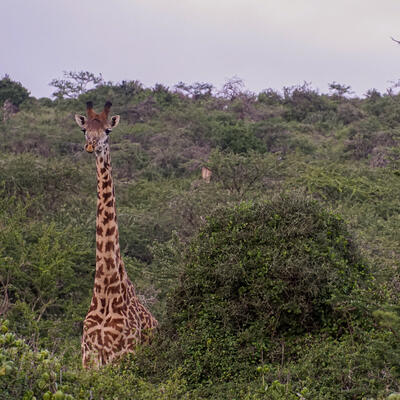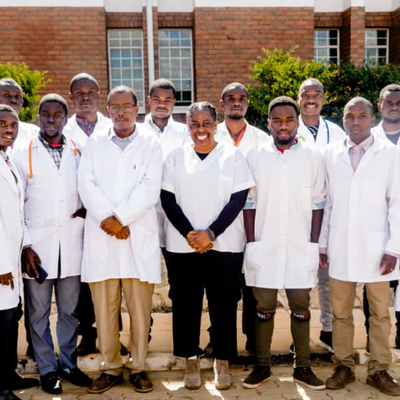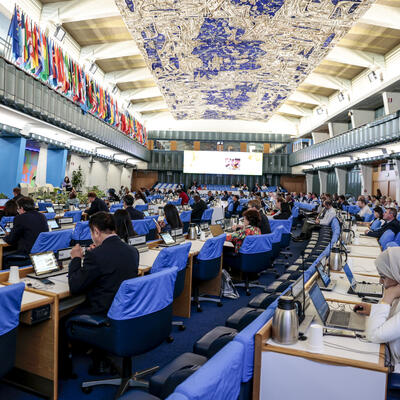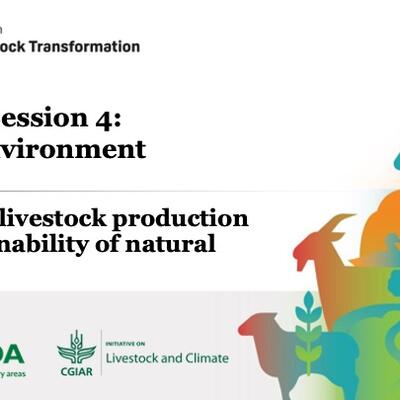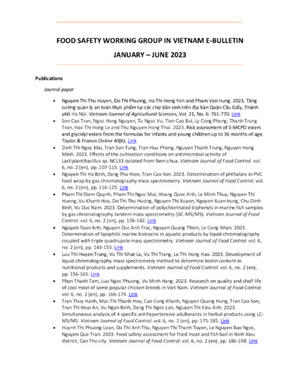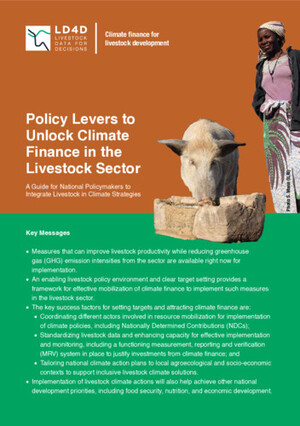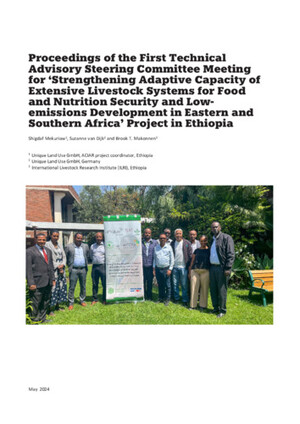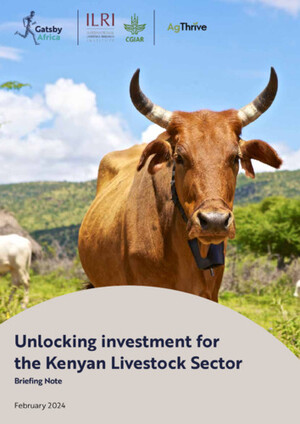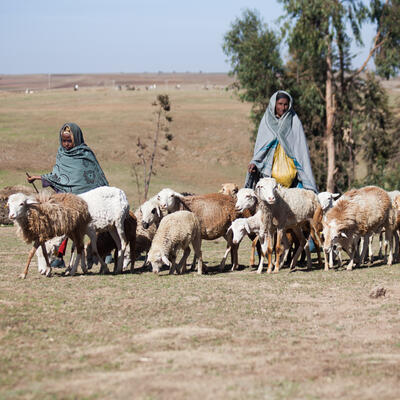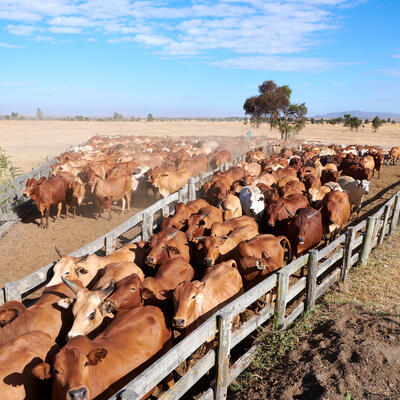
Addressing zoonotic diseases: The need to plan
On October 13, Hung Nguyen, co-leader of ILRI’s animal and human health program, spoke at a PREZODE (Preventing Zoonotic Disease Emergence) conference side event of the FAO Science and Innovation Forum 2022 on the risks of zoonotic infectious diseases and how to address them. Nguyen’s presentation focused on the need for intersectoral collaboration in addressing emerging zoonotic disease threats.
Zoonotic diseases, which are those transmitted from animals to humans, comprise 60 per cent of all infectious diseases in humans and 75 per cent of all emerging infectious diseases. Zoonoses emerge from a variety of sources, including livestock, live animal markets, intensive wildlife farming and wildlife hunting. As the demand for animal-source foods grows rapidly, livestock density is increasing in many parts of the developing world, raising the likelihood of new zoonotic diseases. ‘The reality is that future pandemics are inevitable’, said Nguyen, ‘so we need to be ready’.
A One Health approach is crucial to addressing emerging zoonotic disease risks. The WHO’s One Health High-Level Expert Panel (OHHLEP) defines One Health as ‘an integrated, unifying approach that aims to sustainably balance and optimize the health of people, animals and ecosystems’. Nguyen outlined five key benefits included in the One Health approach—efficiency and effectiveness of resource sharing, controlling diseases in the animal reservoir before they reach humans, early detection and management of emerging threats, de-risking the drivers of disease emergence and generating new insights.
The most important benefit of the One Health approach is probably the early detection of emerging threats. The cost of addressing a disease outbreak grows exponentially the longer it goes unchecked, meaning that it is more cost-effective to prevent an outbreak from occurring in the first place than it is to control it. Outbreak prevention requires rapid detection of emerging threats, which can be achieved through integrated surveillance, zoonoses disease units and working groups, and One Health platforms and response teams that coordinate between the human, animal and environmental health sectors. ‘Fostering multilateral collaboration is crucial to implementing successful disease prevention strategies’, said Nguyen.
The PREZODE initiative, launched in 2021 at the One Planet Summit by French President Emmanuel Macron as a common framework to foster collaboration and impact on preventing zoonotic disease emergence, is an example of how this multilateral collaboration can work in practice. PREZODE works in close collaboration with OHHLEP to coordinate research projects and share knowledge across different sectors and countries to reduce the risk of emergence of zoonotic infectious diseases. Beyond showcasing the benefits of multilateral collaboration, ‘PREZODE is a paradigm shift, focusing on prevention and bottom-up approaches to zoonotic diseases’, said Nguyen.
Nguyen concluded his presentation by outlining what can be done moving forward. ‘We need to produce more data and evidence on emerging zoonotic diseases’. This can be achieved through the creation of new One Health field sites and labs, which facilitate on-the-ground collaboration between experts from different sectors. Nguyen also noted the importance of capacity-building efforts, such as student activities and fieldwork with local communities, to foster the next generation of One Health practitioners. Finally, he highlighted the need for continued investments in One Health platforms and activities—investments that will prove valuable and cost-effective in the future.
Photo: Hung Nguyen visiting a government research facility. Photo by C. de Bode/CGIAR






